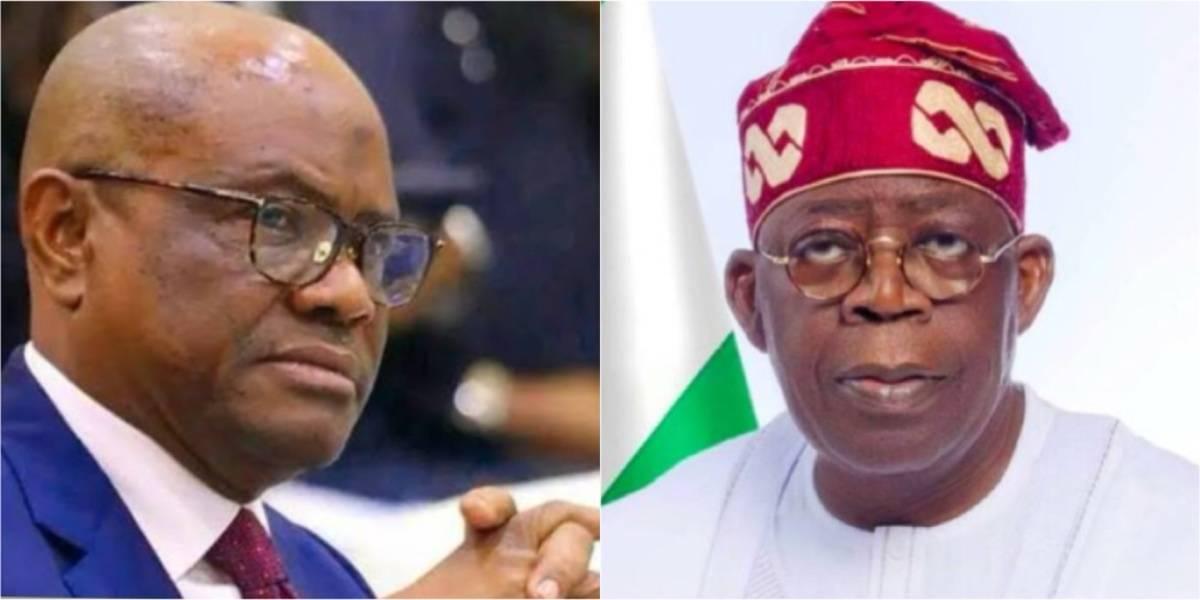Catholic group advocates electoral reform before 2027
It’s wrong for INEC alone to activate results review, Yiaga Africa says
Justice Development & Peace Commissions (JDPC) of the Catholic Church has advocated a comprehensive electoral reform to be implemented before the next general elections.
It also calls on President Bola Ahmed Tinubu to appoint a new chairman of the Independent National Electoral Commission (INEC) and other leadership members, who are manifestly non-partisan, with impeccable character.
In a communique issued at the end of the meeting of the nine provinces of the Catholic Church in Nigeria in Abuja, the JDPC argued that the electorate, rather than the courts, should decide the winners of an election, stressing that the current culture, where a huge percentage of all seats in an election are litigated, should be discouraged.
The communique, signed by the National Secretary, JDPC and Director, Church and Society Department, Catholic Secretariat of Nigeria (CSN), Fr. Peter Babangida Audu, read: “A reformed system should make the polling booth, instead of the courts, decide election winners. All elections should be conducted on the same day to enhance efficiency and voter turnout and to avoid the current incidence of the bandwagon effect. Active participation of all clergy and laypersons in the electoral process and awareness should be created, aimed at avoiding despondency sequel to the sloppy handling of the 2023 General Elections.”
Audu called for the amendment of the 1999 Constitution (as amended) as the country prepared for the next general elections, adding that Section 285 (5, 6, & 7) must be amended to add a subsection, which requires that no contestant should be sworn into office until all the cases relating to their elections were completed; and that the status of the FCT as provided in Section 134(2)(c) was made clearer.
MEANWHILE, the election monitoring group, Yiaga Africa, has told the Independent National Electoral Commission (INEC) that its proposed supplementary guidelines for the review of declaration and return of election results won’t work in Nigeria.
Section 65 of the Electoral Act, 2022 confers on INEC the power to review election results within seven days where such declarations are made under duress or in violation of the Electoral Act, INEC’s regulations, guidelines and manuals.
The provision was a direct legislative response to public demand for administrative remedies against result falsification and procedural irregularities that plagued the result collation process. Under the new provision, INEC added a clause in Section 99 of its 2022 Regulations and Guidelines, stating that the exercise of the power to review under Section 65 must be based on a report from the field.
Reacting to the development, Yiaga Executive Director, Samson Itodo, noted that the regulations and guidelines failed to define the individuals or institutions authorised to file such a report, thus creating a legal vacuum and potential for abuse.
According to him, the ambiguity remained a subject of sustained advocacy by election observer groups, saying: “Since, 2022, Yiaga Africa and other stakeholders
have persistently called for the issuance of clear, supplementary guidelines to operationalise the power of review.”
Itodo called on INEC to immediately amend the guidelines to broaden the scope of eligible persons or entities permitted to submit reports that could trigger the review process, maintaining that the scope should include political parties, candidates, accredited party agents and observers present during collation.












